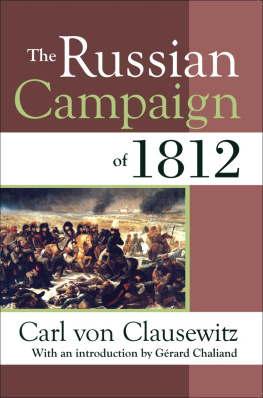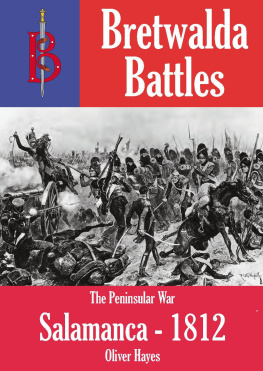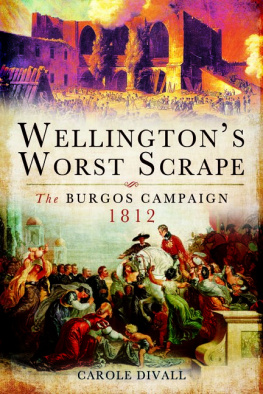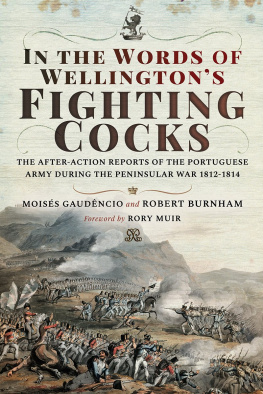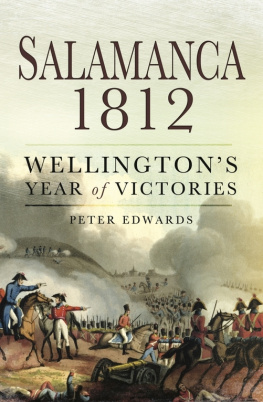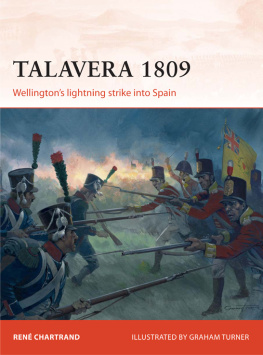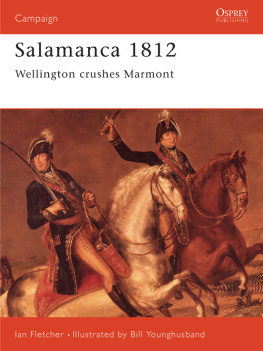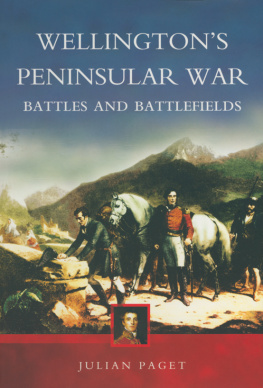This edition is published by PICKLE PARTNERS PUBLISHINGwww.picklepartnerspublishing.com
To join our mailing list for new titles or for issues with our books picklepublishing@gmail.com
Or on Facebook
Text originally published in 2009 under the same title.
Pickle Partners Publishing 2014, all rights reserved. No part of this publication may be reproduced, stored in a retrieval system or transmitted by any means, electrical, mechanical or otherwise without the written permission of the copyright holder.
Publishers Note
Although in most cases we have retained the Authors original spelling and grammar to authentically reproduce the work of the Author and the original intent of such material, some additional notes and clarifications have been added for the modern readers benefit.
We have also made every effort to include all maps and illustrations of the original edition the limitations of formatting do not allow of including larger maps, we will upload as many of these maps as possible.
BATTLEFIELD INTEGRATION: WELLINGTON'S USE OF PORTUGUESE AND SPANISH FORCES DURING THE 1812 SALAMANCA CAMPAIGN
BY MAJ JOHN B. YORKO.
ACKNOWLEDGMENTS
I would like to extend a special thanks to the members of my committee: Dr. Mark Gerges, LTC Scott Farquhar, and MAJ Pat Schantz, whose guidance and mentorship was invaluable throughout this process. I would also like to thank my wife Kristi, and my daughters Isabel, Sophia, and Michaela, whose patience and understanding made successful completion of this project possible.
CHAPTER 1 INTRODUCTION
As the United States continues to engage extremists and insurgents worldwide in this era of conflict, policy makers and military planners continue to encounter constraints on manpower and resources, as well as a public growing less tolerant of the costs associated with extended, large-scale applications of U.S. military force. Understanding that the U.S. cannot win the Long War alone, Secretary of Defense Robert M. Gates stated as part of the 2008 National Defense Strategy that the most important military component of the struggle against violent extremists is not the fighting we do ourselves, but how well we help prepare our partners to defend and govern themselves. Given these circumstances, it is useful to examine how others have engaged in military actions with allies who had dissimilar cultures, divergent political interests, and different military capabilities.
Primary Research Question
The Peninsular War offers one situation in history where a coalition of allies with somewhat dissimilar cultures and vastly different military capabilities fought together to defeat a common enemy. Primary responsibility for orchestrating the Allied fight against the French fell to Arthur Wellesley, who arrived in Portugal as a lieutenant general and assumed command of the British forces in April 1809. He was created Viscount of Talavera following his victory there in August 1809, and was created Duke of Wellington in May 1814. Hereafter he will be referred to simply as Wellington. This thesis will examine how Wellington used Portuguese and Spanish forces during his 1812 campaign. Subordinate to this question, this thesis will examine the differing attitudes each side held toward one another and how Wellington overcame the resulting frictions. This work will also examine the disparate military capabilities of each force and how they affected Wellingtons tactical and operational decision-making about their employment throughout the 1812 campaign.
Early in the Peninsular War, the Spanish Army had raised British hopes by fighting off initial French attempts to take Zaragosa and Gerona, both of which subsequently fell after long sieges. The Spaniards also achieved an early victory over the French at the battle of Baylen in July 1808. Britain, and specifically Wellington, was optimistic about the Spains initial struggle against the French, as he wrote, nothing can offer a more glorious prospect than the apparent state of the public mind in Spain. {1} The initial public exuberance throughout Britain at the prospect of finding a new powerful ally in Iberia set expectations unrealistically high for a Spanish Army. Recent successes notwithstanding, the Spanish were ill-trained, ill-equipped, and often poorly led by officers who had failed to realize the importance of combined arms. {2} The inflated perceptions in Britain were in partially the result of early reports from Iberia which were not entirely accurate. One letter forwarded to Wellington read:
Officers who have been sent out here... to give information to our government have deceived it, for they have begun by deceiving themselves. They have taken rank and sometimes pay in the Spanish army, and instead of being judges... they have become parties, and seeing everything through the medium of their own interests and passions, they have reported to their government what they wished, not what they knew. {3}
Despite an abundance of fighting spirit, the quality of the Spanish rank-and-file soldiers was low. To make matters worse, the number of cadres had fallen just before the war, leaving Spain to rely heavily on new and untrained soldiers. Rather than finding consistency in those early successes, more weaknesses began to show with every engagement throughout the 1810 and 1811. As one British officer observed:
The Spanish cavalry would be put to flight with monotonous regularity, thereby opening the way for a torrent of French horsemen to burst upon the flanks and rear of the unfortunate infantry. Not having time to form a square, they could only flee for their lives and would be ridden down or captured in their thousands. {4}
If misplaced enthusiasm in Britain led to an initial overestimation of Spanish capabilities, the Spanish people were a bit more grounded in how they viewed their army. Spanish civilians had little faith in the regular armys leadership when the war began, and as conditions turned revolutionary, many made it clear that they opposed the militarys existing hierarchy altogether. Not surprisingly, many Spanish officers offered their services to the French out of fear of the radical philosophy unleashed by the Spanish insurgency. Most Spanish officers, however, found that the explosion of anti-French sentiment was too powerful, and personally dangerous, to resist. Therefore, they had no real choice except to join the war effort against Napoleon, hoping they might thereby at least control or channel some of the violent sentiment let loose around them. In addition to the revolution, they feared a non-professional army of untrained masses that lacked the skills necessary to wage war successfully. {5}


